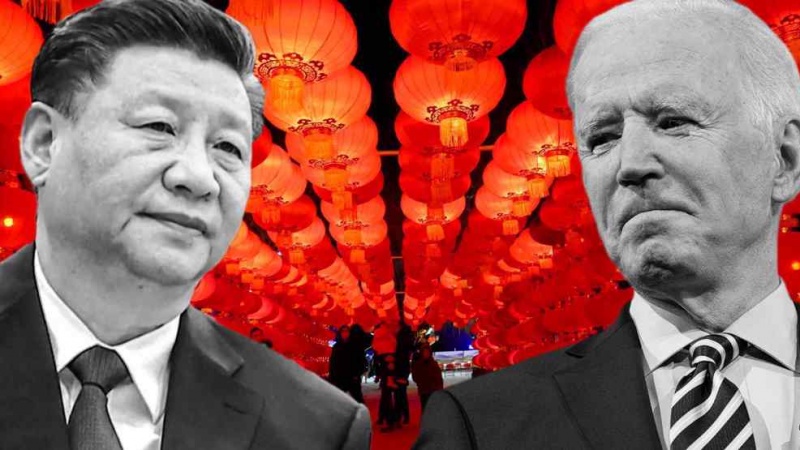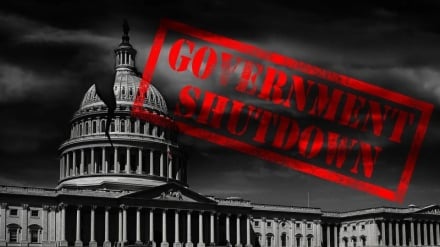Biden, Xi speak in months as US-China relations grow fraught
After a gap of nearly seven months, US President Joe Biden and his Chinese counterpart Xi Jinping spoke early on Friday morning, with focus on finding a way forward in their strained ties.
The call, which lasted about 90 minutes, was confirmed by the White House and the Chinese media.
In a statement, the White House said the two leaders had a “broad, strategic discussion in which they discussed areas where our interests converge, and areas where our interests, values, and perspectives diverge.”
It further noted that the two officials “agreed to engage on both sets of issues openly and straightforwardly”, describing it as part of “ongoing effort to responsibly manage the competition” between the world’s two biggest economies.
Initiated by Biden, it was only the second call between the two leaders since Biden took over from his predecessor Donald Trump earlier this year.
Relations between the two countries have been marked by heightened tensions in recent years, with clashes on issues like trade, pandemic, and regional interference.
Chinese broadcaster CCTV described the phone call as “candid [and] in-depth”, adding that it had covered “extensive strategic communication and... issues of mutual concern".
“Whether China and the US can properly handle their relations... is critical for the future and destiny of the world," the Chinese leader was quoted as saying in the report.
According to China’s Xinhua news, Xi told Biden that America's policy towards China has caused "serious difficulties" in their mutual relations.
“If China and the US work together, both countries and the world will benefit; If China and the US confront each other, both countries and the world will suffer. China-US relation is not a choice question that whether it needs to be done well, but a required question that how to do it well,” Xi said.
Earlier this year, high-level diplomatic talks between the two sides saw both American and Chinese officials exchanging barbs.
The two countries have also been locked in a trade dispute since 2018, when the Trump administration imposed tariffs on more than $360bn (£268bn) of Chinese goods, and China retaliated with tariffs on more than $110bn of US products.
US meddling in the South China Sea and provocative speeches by the US officials have also angered China, with Beijing accusing Washington of being the "direct driver of tensions" in the region.
The South China Sea which is a gateway to major sea routes, through which about 3.4 trillion dollars’ worth of trade passes each year. China claims sovereignty over much of the strategic waterway and has since 2014 built artificial islands on reefs and installed military bases on them.
The dramatic developments in Afghanistan have also pitted them against each other. Last week, Chinese Foreign Ministry Spokesperson Wang Wenbin slammed the US' hasty and disorderly withdrawal from the war-ravaged country, saying their troops had "wrecked havoc".
The spokesman also accused the US of inflicting "serious damage on the Afghan people".
SS



